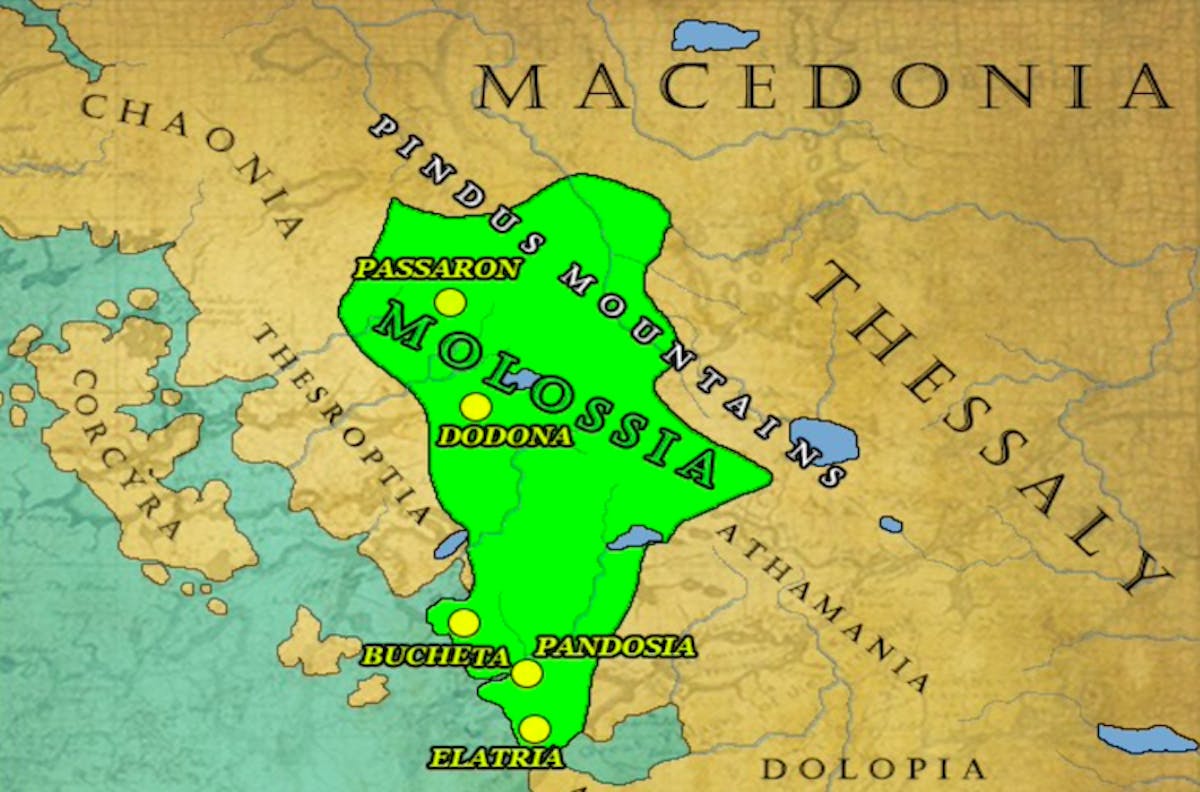Ancient Epirotes: Ancient Greek or Illyrian?
 Arberian 10/05/2024
Arberian 10/05/2024 
Arnold J. Toynbee (1889-1975) was an English historian, a philosopher of history, an author of numerous books and a research professor of international history at the London School of Economics and King's College London. From 1907 to 1911, won a scholarship to Oxford University.
Toynbee, in his book pusblihed by Oxford in 1969, asserts that Epirus was apart of the Illyrian territories

Radoslav Katičić (1930-2019) was a Croatian linguist and one of the most prominent Croatian scholars in the humanities, his book published by Mouton in 1976, suggests that the Chaonians had non-Greek names, and that the ancient Greeks considered the Epirotes as Barbarians.

A more modern source is Gabriele Esposito on his book "Armies of the Hellenistic states" which suggests that Epirus was popuilated by semi-barbarous people who later on got Hellenized

Jaupaj, Lavdosh (2019) his source "Etudes des interactions culturelles en aire Illyro-épirote du VII au III siècle av. J.-C" from the University of Lyon 2, talks about the situation of Ancient Epirus:

Ephorus, cited by Strabo in his Geography, 8.1.3 says that Acarnania is the beginning of Greece, making Ancient Epirus not apart of ancient Greece. Also Polybius doubts whether the Aetolians are really Greeks or not.


Aswell in the Periplus of Pseudo-Scylax, a work of the 4th century BC, suggests that Ambracia is the beginning Greece, making Ancient Epirus not apart of ancient Greece.

Aswell Thucydides in his work "The Peloponnesian war (2.80)", called some Epirotic tribes such as the Thesprotians, Chaonians, and Molossians as Barbarians.


Gillian Gloyer is a historian and author, primarily known for her work on Albania. She studied ancient languages at Wadham College, Oxford. In her work "Albania: the Bradt travel guide" published in 2003, she suggests that the Chaonians were an Illyrian tribe






About Arberian
An Albanian, interested in history and genetics.